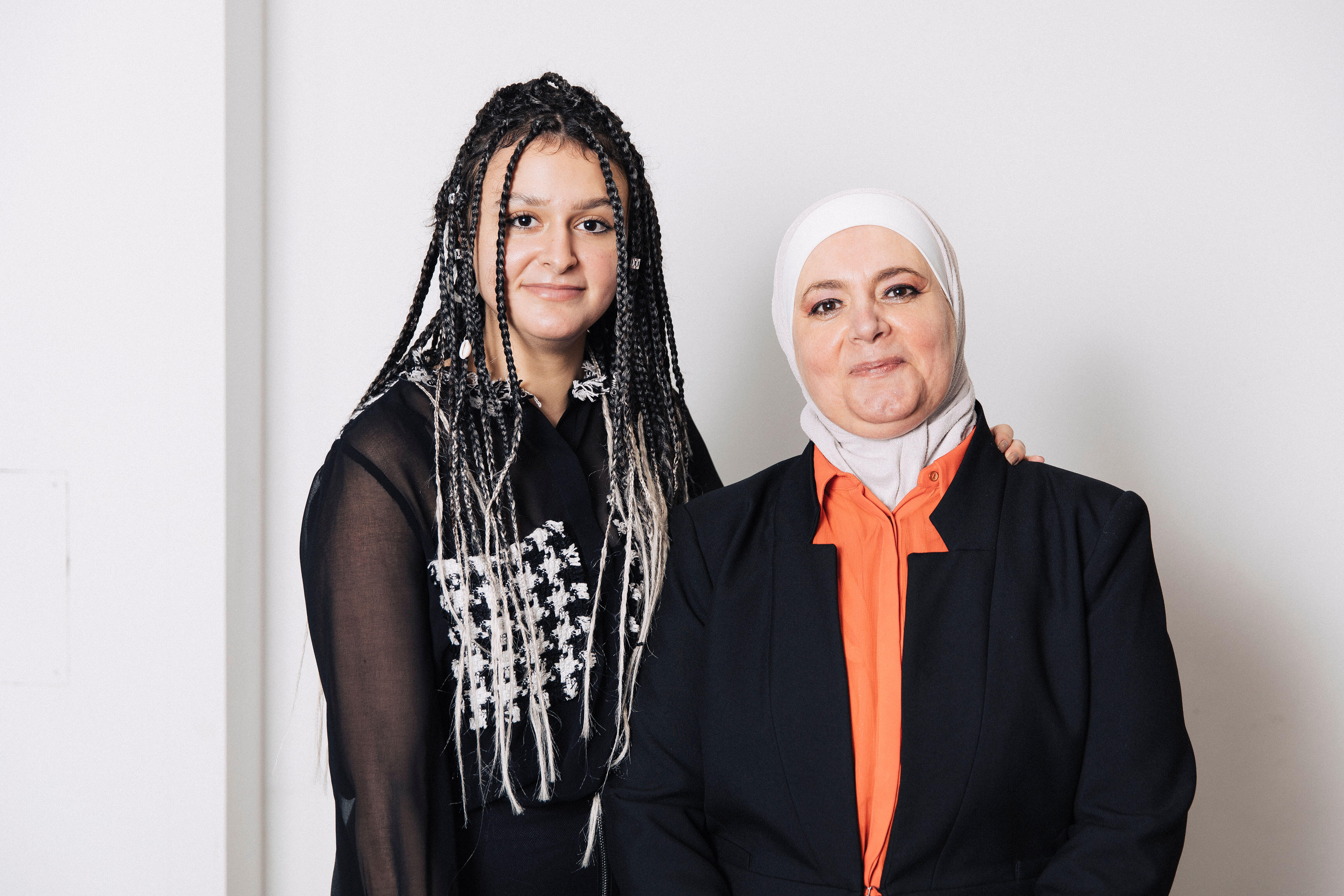
“My mum is my role model.” Meet the Syrian mother-daughter duo making a life here in the UK.
Hear from Marah and Razan, two generations of Syrian refugee women on their hopes for their future in the UK

Hear from Marah and Razan, two generations of Syrian refugee women on their hopes for their future in the UK
Marah and Razan have supported each other through thick and thin. As Syrian refugees, they arrived with Marah’s dad in the UK two and a half years ago and have been determined to make the best of their new lives ever since.
“We had a positive experience when we moved to the UK”, said 60-year-old Razan. “We had this habit of going out and getting to know the city where we live, so the moment we got here, we started going and seeing places. So that helped in a way.”
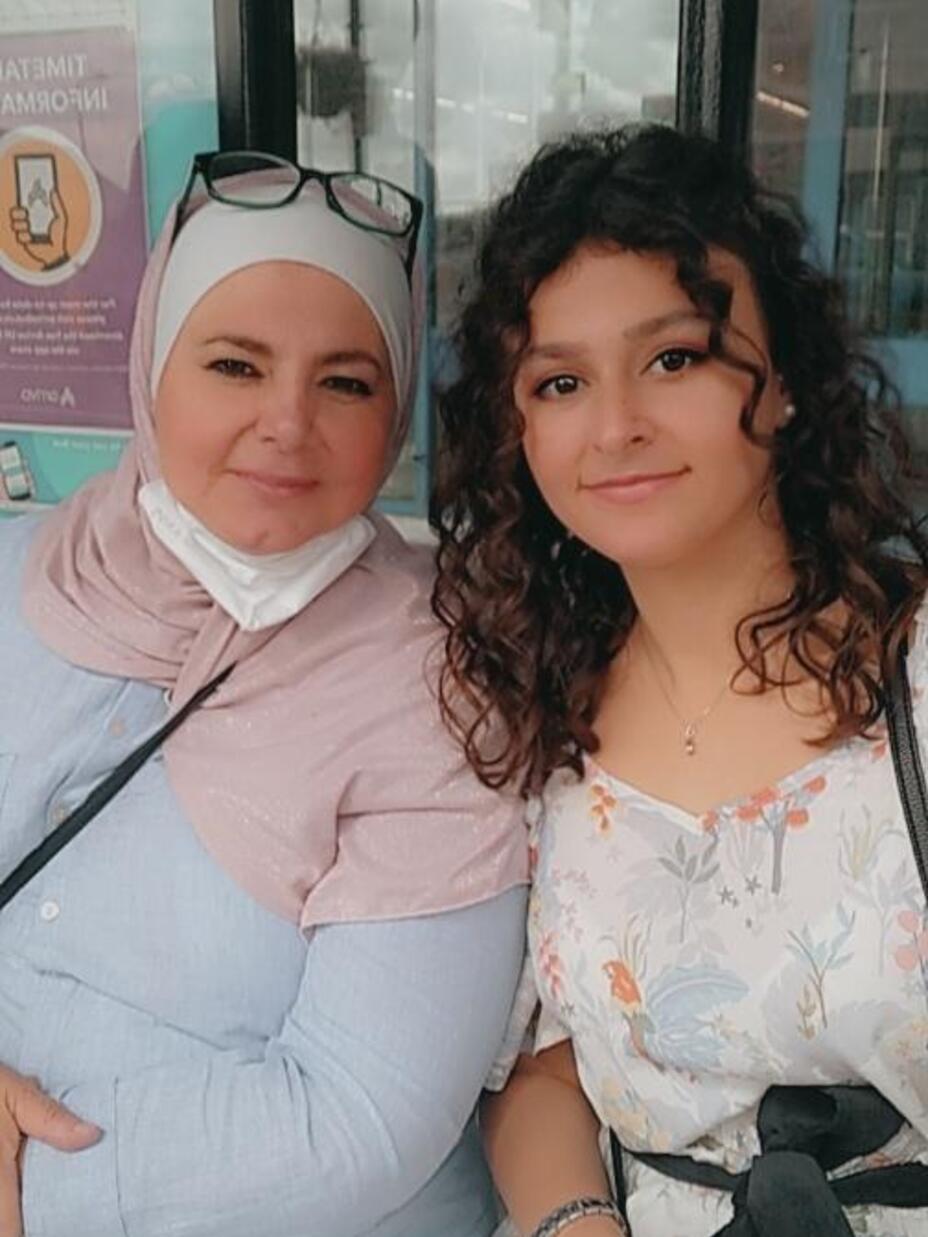
“I kind of knew what to expect”, said daughter Marah, 25. Marah grew up interacting with people from different cultures before coming to the UK. “But obviously moving from another culture, completely starting from zero or from scratch, to start studying again, and working in a different culture was a bit of a challenge in terms of social life and finding friends.”
The family now live in Tonbridge and are supported by the IRC’s Refugee Integration in Southeast England (RISE) programme. “We got to know a lot of information about laws and regulations that we didn't know before”, says Marah about the programme. “It was useful to know more about our rights in the UK.”
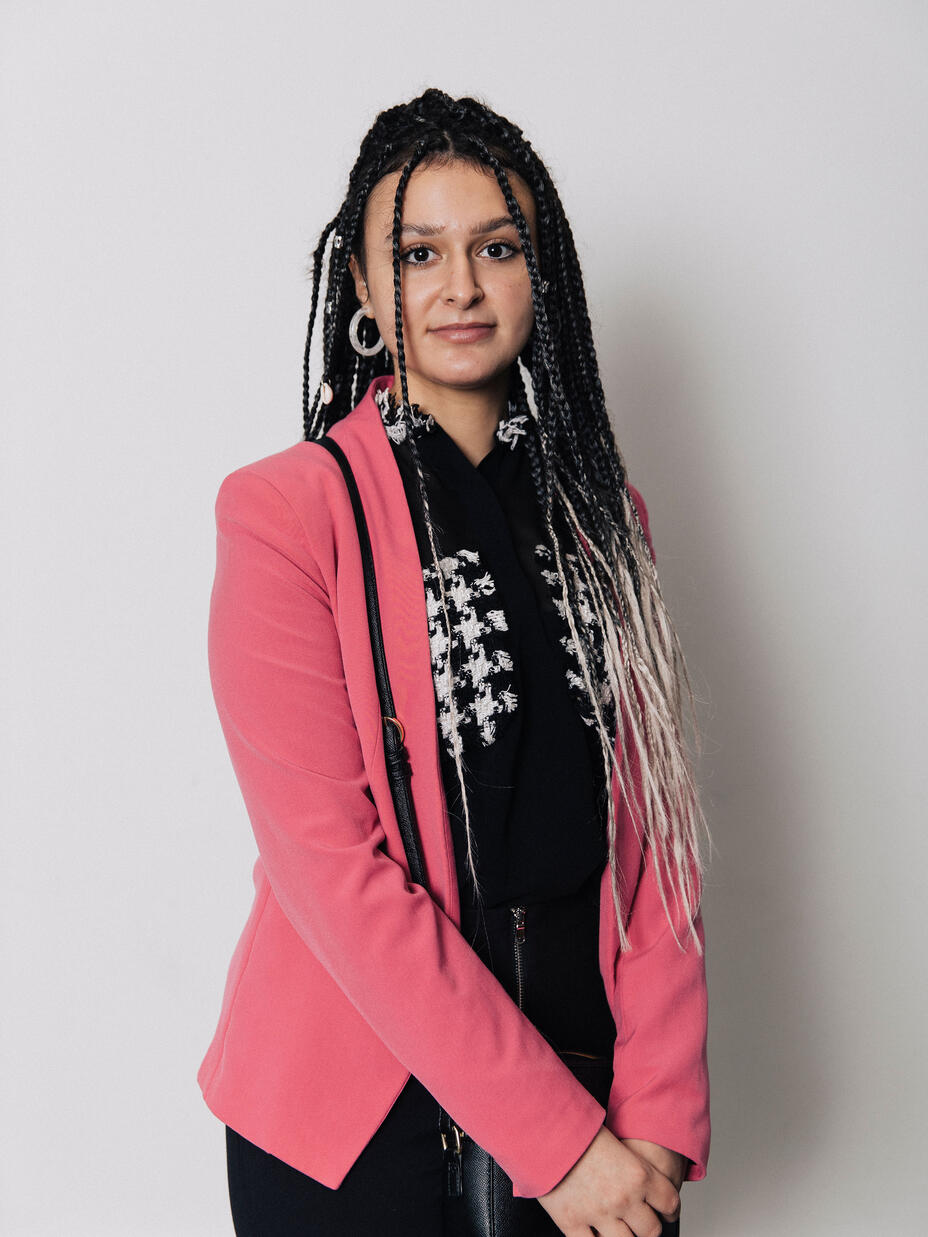
Razan has four other children who are older than Marah and have their own families who live in Sweden, Jordan and Syria. So as the only women still living together in the family, Marah and Razan are very close.
Marah is in her third year studying business management at The Open University whilst working full time in customer service. She also volunteers as a peer mentor for the IRC’s RISE programme, mentoring other newly arrived refugees in the UK. At the same time, Marah is supporting her mum to get her handmade jewellery business off the ground.
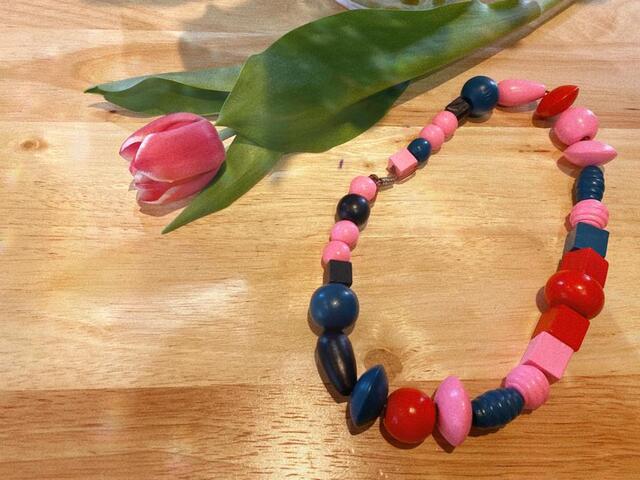
“In Syria, I worked in dressmaking,” said Razan. The family were forced to flee Syria in 2012 and lived in Jordan for eight years before coming to the UK. “In Jordan, I was responsible for different boutiques for wedding dresses and occasions.”
Today, Razan is exploring how she can continue her creative business in the UK. “We have been thinking of hiring a place where we can display my handmade products. But the challenge, in addition to English, is knowing how”, says Razan. “Having the capital is another challenge because you need money to start renting a store in the beginning.”
When I look at other people my mum's age, I see my mum full of energy. She’s positive and always has things to do and things she aspires to in life. I hope I end up like her when I'm her age.
Marah is full of encouragement for her mother's business ventures.“Marah has a lot of great ideas,” said Razan. “Whenever we want to do something, she takes initiative. She told me that she can help me expand my business by creating a website or helping with the labels. She supports me with the technical side of things and helps a lot.”
“When I had my boutique shops in Syria, Marah helped me organise the clothes and how to display them better”, said Razan. “Mum even called our store after me. My sisters were so jealous!” Marah laughed.
Both mum and daughter want the best for each other's futures. “I know that my daughter has worked hard to be where she is now”, says Razan proudly, “I would love to see Marah graduate soon.”
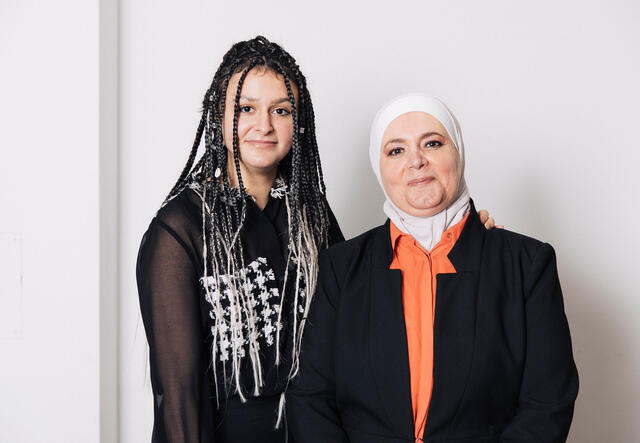
Our Donor
This project is part-funded by the EU Asylum, Migration and Integration Fund (AMIF), making management of migration flows more efficient across the European Union and Khalsa Aid International.
AMIF in the UK is administered by the UK Responsible Authority (UKRA). The funding was allocated under the EU’s 2014 to 2020 multiannual financial framework (MFF), which will conclude at the end of 2022.
Khalsa Aid International is a U.K.-based humanitarian relief organisation providing support worldwide to victims of natural and man-made disasters. Founded in 1999 on the Sikh principle of recognising the whole human race as one, Khalsa Aid has provided crucial humanitarian aid to millions of people around the world through its Emergency Relief Projects and Global Development Programmes.